While the internet has become an essential part of life, increased access to our personal data is a double-edged sword.
With more people having access to your information comes potential risks from identity theft, fraud, and other malicious activities – this is why understanding online transparency and protecting yourself against these threats is incredibly important.
In this blog post, we'll discuss everything you need to know about how to control your data when it comes to online transparency.
You'll gain valuable insights into what happens with your data when engaging in various online activities, ways you can identify if someone else may have acquired this info without consent or permission, and strategies for keeping any sensitive information protected even when using the web for everyday tasks. Online security doesn't need to be overwhelming – stay up-to-date on everything going on in cyberspace today!

Understand the Types of Data Collected
As we navigate the vast landscape of the internet, we often feel like we're being watched. And in many ways, we are. Online companies collect enormous amounts of data from us every time we browse, click, or make a purchase. But what exactly are they collecting, and how are they using this information?
Understanding these types of data and their uses can help us navigate the online world more cautiously and protect our privacy. From tracking our location to analyzing our search history, online companies use a variety of data to target us with personalized ads and improve their services.
It's important to be aware of these tactics so we can make informed decisions about our online behavior.
Take Advantage of Tools to Help Monitor & Control Your Personal Information
There are now numerous tools available to help us control our data online. From privacy-focused search engines to password managers and ad blockers, these tools can play a significant role in keeping our information protected.
Utilizing them can also give us more insight into what data is being collected and how it's being used. You can delete your personal info from Google search, limit ad tracking on your devices, and use virtual private networks (VPNs) to encrypt your internet connection and protect your online activities. Plus, regularly clearing your cookies and browsing history can also help minimize the amount of tracked data.
Know Which Sites You're Sharing Your Data With
We often give out our data without even realizing it. Whether it's signing up for a newsletter or creating an account on a new website, we're constantly sharing our information with various online platforms. To control your data effectively, start by being mindful of which sites you're sharing your data with and what information they are collecting from you.
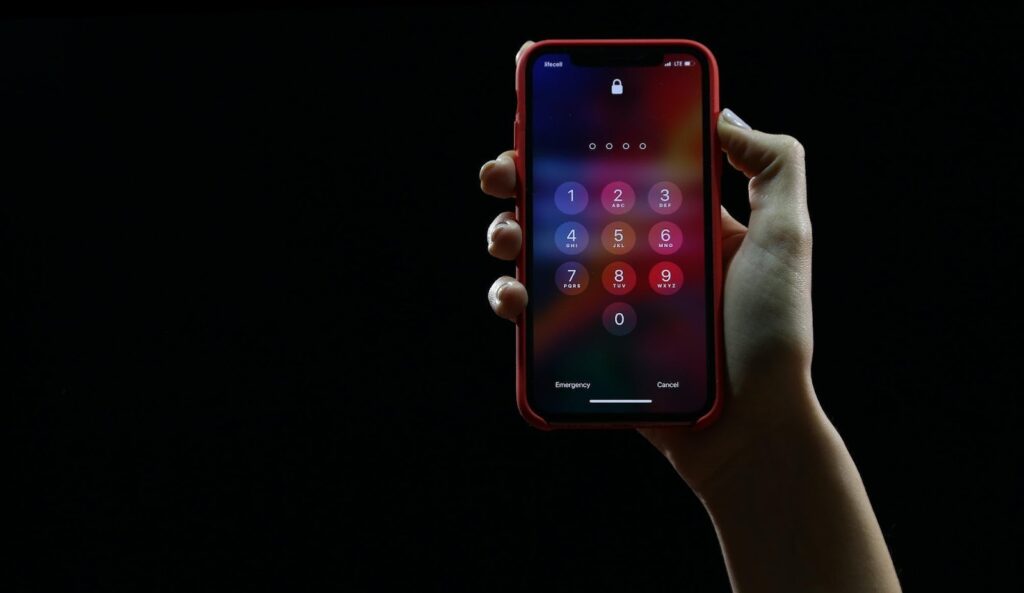
In an era where online presence is virtually unavoidable, protecting your data is paramount. Whether it's understanding the types of data collected, utilizing tools to monitor and control your personal information, or knowing with whom you're sharing your data, every step counts in the constant struggle for online privacy.
Remember, being aware and proactive is the key to maintaining your online security. Don't let the fear of potential risks keep you from enjoying the convenience and opportunities the internet provides. Use the knowledge you've gained here to continue your journey in the digital world with confidence and peace of mind. Stay safe online!
FAQs
Online transparency refers to the clarity and openness about what happens to your personal data when you engage in online activities. It's important because it helps you understand and control how your information is used, protecting you from risks like identity theft and fraud.
Online companies collect various types of data, including your browsing history, location, search queries, and purchase history. This data is often used for targeted advertising and service improvement.
You can protect your data by using tools like privacy-focused search engines, password managers, ad blockers, and virtual private networks (VPNs). Regularly clearing cookies and browsing history also helps minimize data tracking.
Yes, you can control your data to some extent by being cautious about the sites you share your information with and understanding the permissions you grant. Tools like ad tracking limiters and options to delete your personal info from searches can also help.
While there are risks, using the internet can still be safe if you are aware and proactive in protecting your data. Understanding the types of data collected and using tools to control your personal information can help maintain your online security.
Be mindful of which sites you're sharing your data with and understand what information they collect. Avoid sharing sensitive information on unsecured or unfamiliar websites.
Yes, simple steps include using ad blockers, enabling privacy settings in your browser, using secure and unique passwords for different sites, and being cautious about the information you share online.
It's advisable to review your privacy settings regularly, especially after updates to software or changes in terms and conditions of services you use.
Ludjon, who co-founded Codeless, possesses a deep passion for technology and the web. With over a decade of experience in constructing websites and developing widely-used WordPress themes, Ludjon has established himself as an accomplished expert in the field.




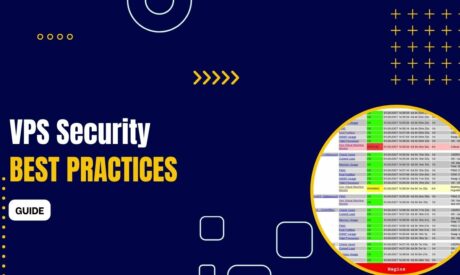
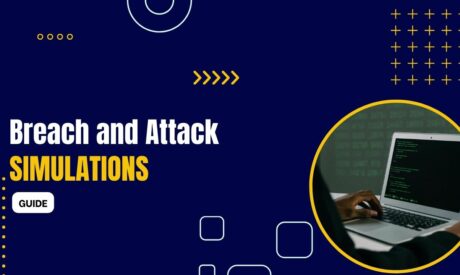
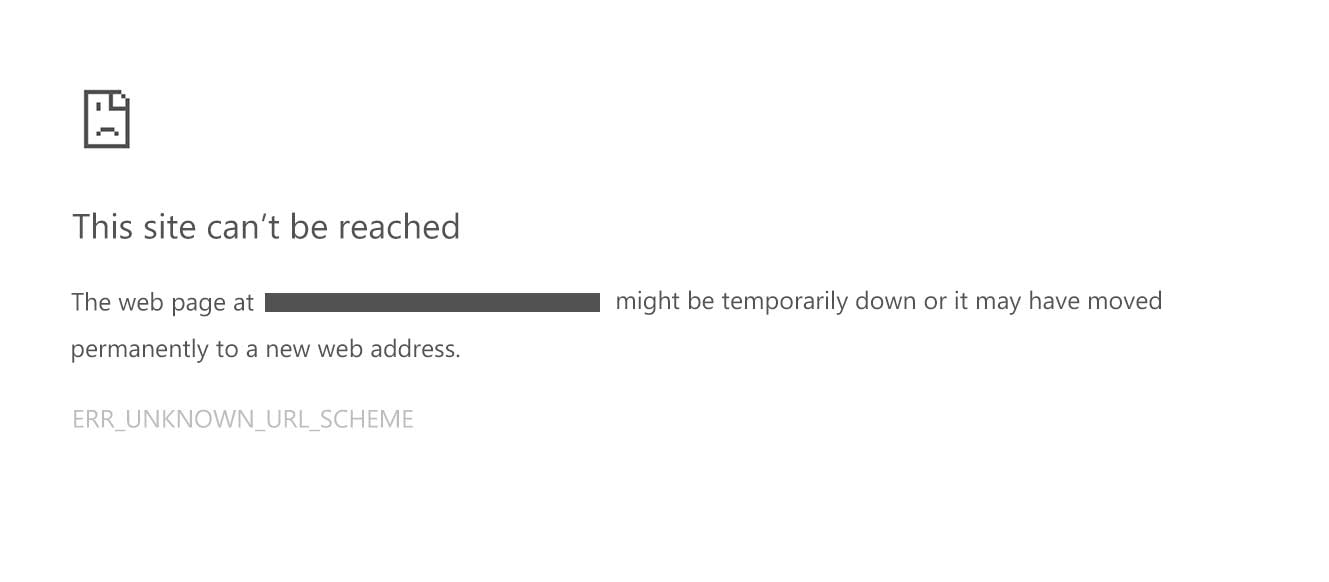
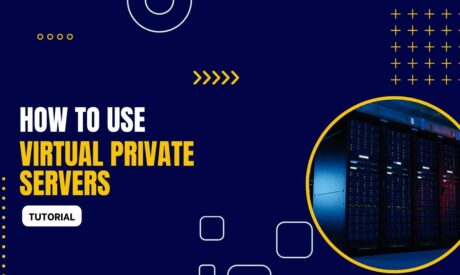
Comments